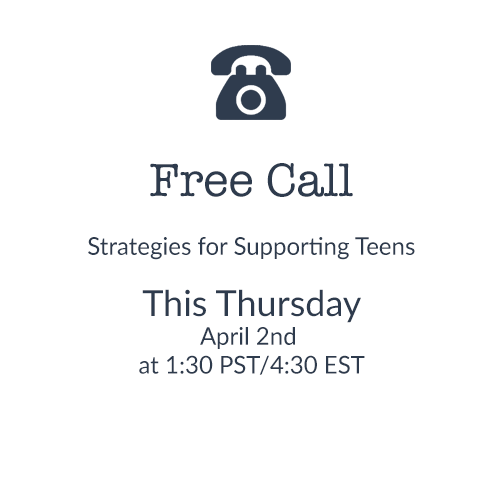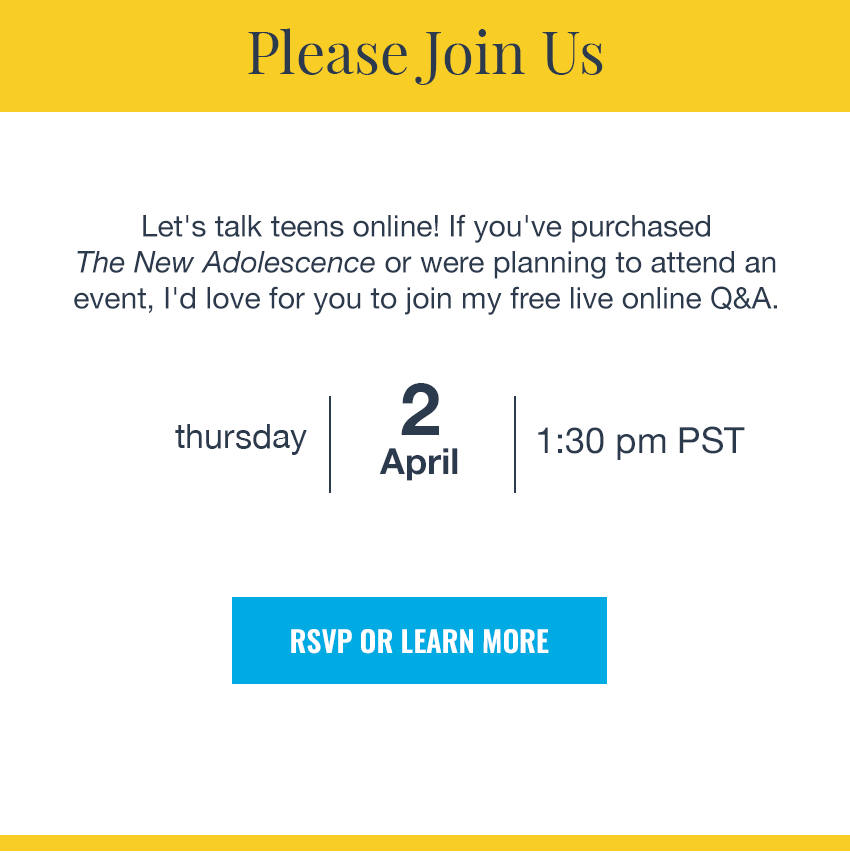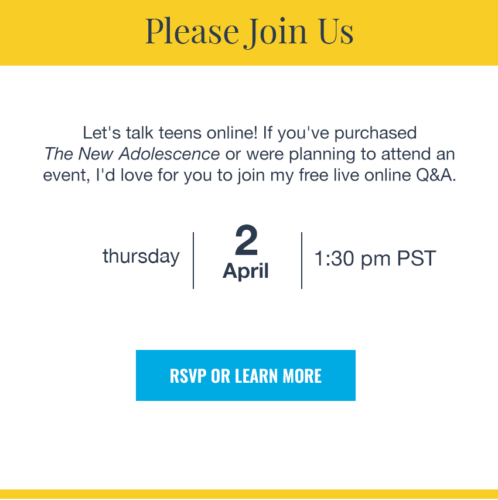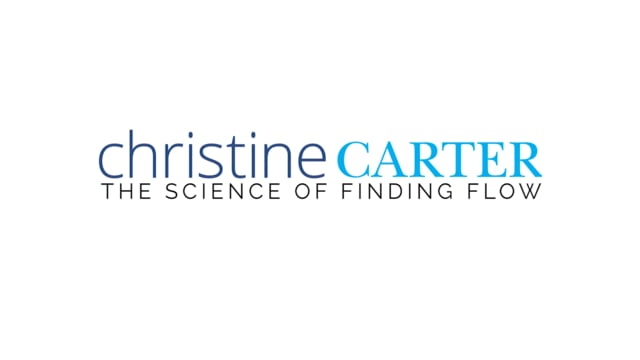“Success is about getting; significance is about giving: we make a living by what we get; we make a life by what we give.”
–Satinder Dhiman, Seven Habits of Highly Fulfilled People
Social psychologists define meaning, as it applies to our lives, as “an intellectual and emotional assessment of the degree to which we feel our lives have purpose, value and impact.” In a stunning series of studies, Adam Grant proved that briefly showing people how their work helps others increases not only how happy people are on the job but also how much they work and accomplish.
Grant’s most famous series of studies were conducted at a call center with paid fundraisers tasked with phoning potential donors to a public university. As anyone who’s ever made cold calls knows, work in a call center isn’t easy. People receiving calls are often annoyed and can be downright rude. Employees must endure frequent rejection on the phone and low morale at the office—all in exchange for relatively low pay. Not surprisingly, call center jobs often have a high staff turnover rate.
In an effort to see if he could motivate call center fundraisers to stay on the job longer, Grant brought in a few scholarship students (who presumably had benefited from the fundraisers’ work) for a five-minute meeting where callers could ask them questions about their classes and experience at the university. In the next month, that quick conversation yielded unbelievable results. Callers who had met the scholarship students spent twice as long on the phone as the fundraisers who had not met any students. They accomplished far more, bringing in an average of 171 percent more money.
In another study, Grant found that having fundraisers read an account from scholarship students about how they had been helped by the fundraisers’ work significantly increased the amount of money they raised. But reading an account from a previous fundraiser about how the callers themselves benefited from their work as a fundraiser did not. The difference? A shift in the callers’ beliefs about the social meaning of their work, and an increased sense of their purpose, value, and impact.
These studies are remarkably counterintuitive. We assume that Westerners are best motivated on the job by our own interests— money, prestige, what’s in it for us, what we’ll get, not what we give. But actually, these studies show clearly that we humans are best motivated by our significance to other people. We’ll work harder and longer and better—and feel happier about the work we are doing— when we know that someone else is benefiting from our efforts. It turns out that one sure path to finding your flow–to both ease and strength–is to find the social meaning in your daily activities.
This post is taken from “The Science of Finding Flow,” an online course I created as a companion to my book The Sweet Spot: How to Accomplish More by Doing Less. I’m sharing “lessons” from this online class here, on my blog. Want to see previous posts? Just click this The Science of Finding Flow tag. Enjoy!










